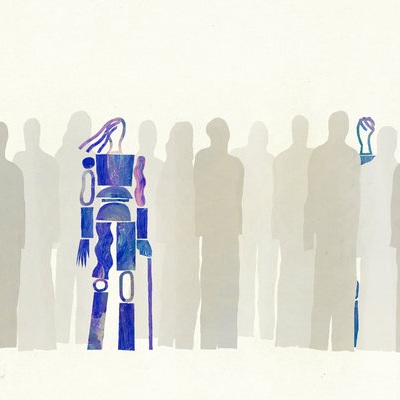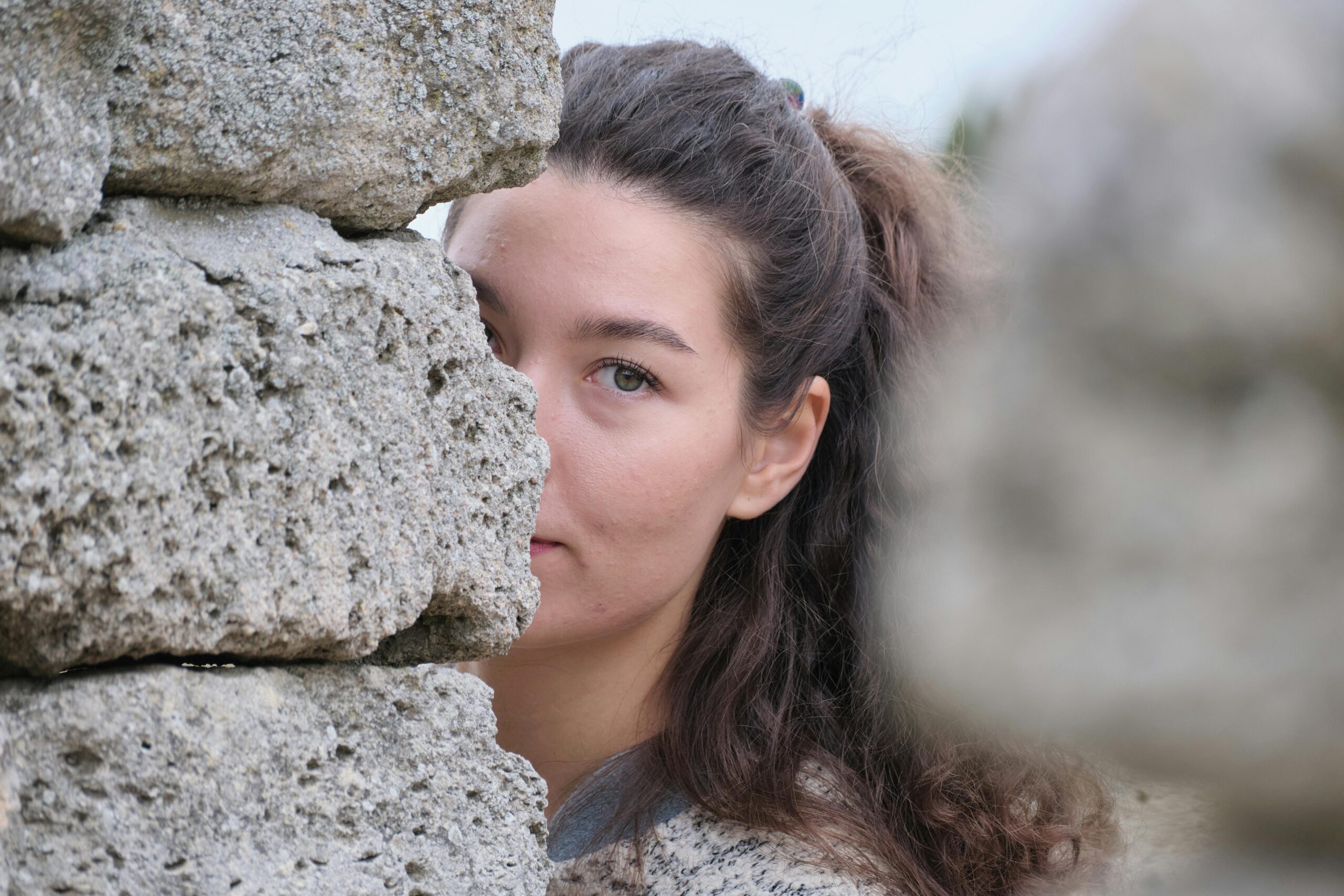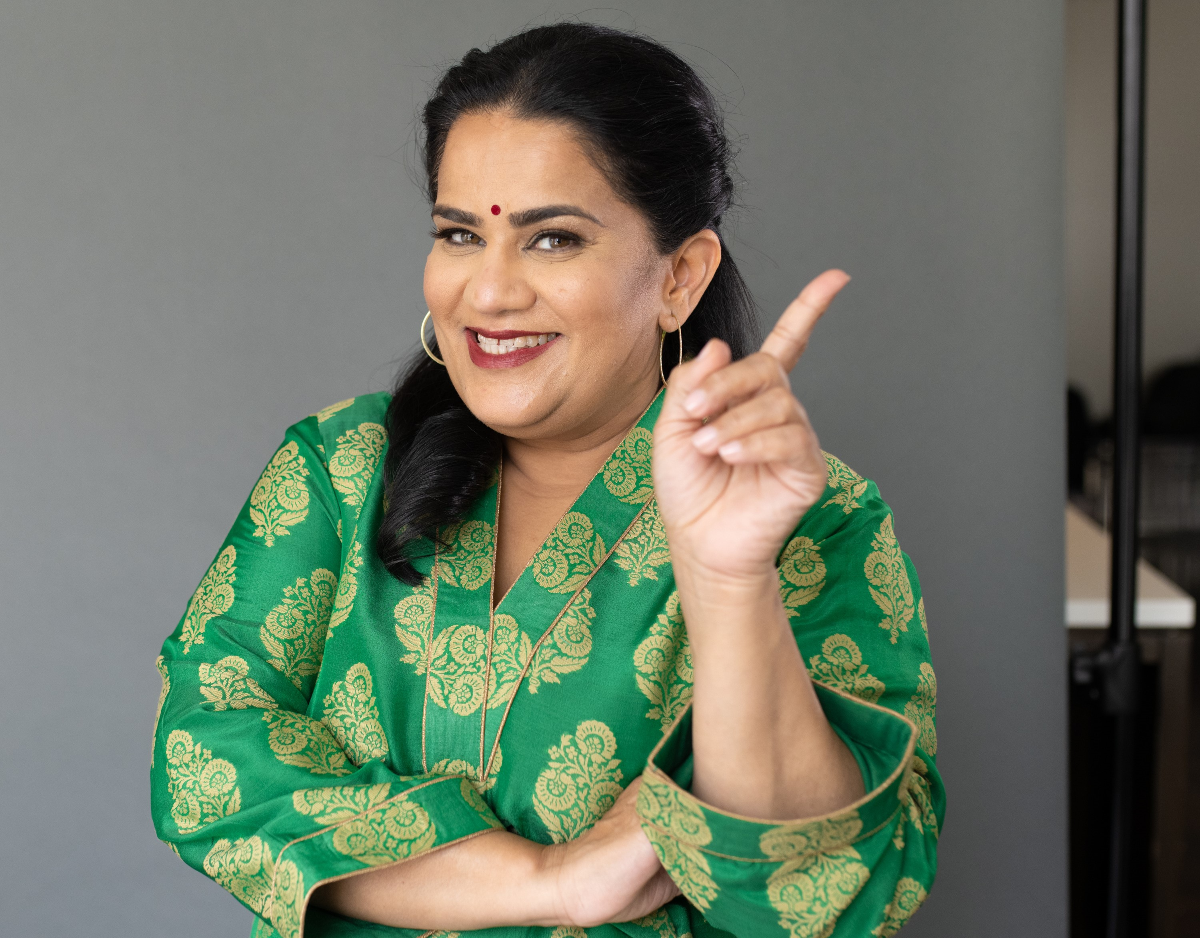Do you remember life before the ATM? There was a time when we were not able to access our money whenever we chose. We were all fiscally disabled. In these modern times, there always seems to be an advancement to enable us with some support.
Before the ATM, college students had to rely upon the school to provide banking services. A college friend recently posted a picture on Facebook of the line to withdraw money from the Brandeis University Bursar’s window. In the photo was one man much shorter than others in the line and leaning on a walking stick. I recognized him immediately but not because I recalled him from college days. We didn’t know each other then. Rather, we later studied together in the same seminary program. He was recently ordained as Rabbi Ken Rosenstein.
Soon after meeting Ken as a fellow seminary student (he now walks with two supports) we realized we graduated Brandeis at the same time. Through our new acquaintance, I became aware of his intellect and caring nature. With those qualities, Ken will inspire any community that includes him among their leadership.
Watching his ordination ceremony, I noticed how the rabbinate has changed, at least in the progressive Jewish world. In decades past, I can remember when it seemed that the most revered spiritual leader was a Charlton Heston postulant; with a strong physical presence and speaking in a sonorous voice. Until the 1970s it seemed inconceivable that a woman could lead a synagogue or that a person with different abilities could provide inspirational leadership or that a transgender person would teach Torah. The rabbinic model of the 20th Century was constrained by the wrong expectations and diminished by unjustifiable chauvinisms.
Women and minorities have long been disenfranchised and suffered discrimination, as if they were without capacity to contribute meaningfully to our spiritual lives and political processes. Their struggle for equality is not ended. The advocacy for other groups such as persons with different abilities is still in its infancy. The bias against persons with physical challenges has too long a history.
The Torah, in parshat Emor (read this week of May 12), excludes those with “defects” from priestly duties. I have tried to make sense of what seems to be overt prejudice. I can’t easily accept the common assertion that the explanation is beyond our current understanding.
Instead, I read Torah this week with a hope that this prohibition represents only the past; an outdated dogmatism directed against persons with disabilities aspiring to serve in ceremonial functions. I believe that the potential for more inspiring spiritual leadership will come from those who were spurned before.
In an earlier bible story, an eighty year old Moses holds his arms out standing on a hill above a battle between the Israelites and the Amalekites. (Exodus 17:12) When his arms drop, the Israelites suffer losses. Unable to maintain outstretched arms, two aides-de-camp hold Moses’ arms up for him. Thereafter, the battle is won and a leadership with supports is modeled. The lesson to be learned is that we must support leaders rather than expect them to stand alone with their human limitations.
We have additional leadership stories to tell. Last year the Jewish Theological Seminary ordained Lauren Tuchman as rabbi – the first blind woman known to receive smicha. “Disability-informed spiritual leadership benefits everyone” writes Rabbi Ruti Regan, herself a disabled disability advocate. “The spiritual tools created by the disability rights community have broad applicability to a number of situations, including pregnancy, infertility, aging, and general resilience.”
There are new spiritual leaders with different abilities to inspire us, if only we will uplift them. I look forward to more rabbis who provide disability informed spiritual leadership and to the growing list of communities who support spiritual leaders with varying abilities.
Rabbi Evan J. Krame





